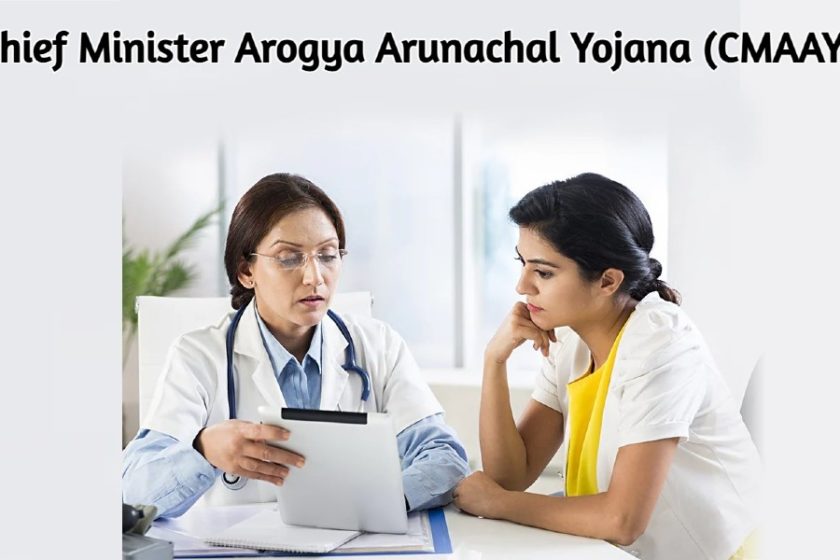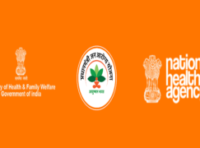Basic sanitation is every human’s right. Depriving any individual of practicing safe hygiene not only degrades the individual’s life but also brings in a whole lot of social stigma around it. For centuries, the traditional Indian mindset around menstrual cycles has been very limiting. This has led to a lot of taboos around the whole topic, leading to a lack of awareness since nobody is willing to talk about it to others openly.
In a bold move made by the Haryana government, the Haryana Mahila Evam Kishori Samman Yojana 2020-21 is a dedicated scheme that will aim to offer better hygiene conditions to women all across the state.
Women from the poorer sects of society (like Below Poverty Line) in Haryana cannot afford sanitary napkins. With this scheme in place, the women and young girls would no longer have to come up with make-do solutions for dealing with their periods.
Objective of the Haryana Mahila Evam Kishori Samman Yojana 2020-21
The main objective of the Haryana Evam Kishori Samman Yojana is to bring about awareness regarding menstrual hygiene and thereby bring about a wave of women empowerment.
Each girl, woman between the age of 10-45 years will now get a packet of 6 sanitary pads absolutely free each month.
In Haryana, the scheme will be implemented by Anganwadi workers who will home deliver free sanitary napkins to beneficiaries. Women in Haryana can check their eligibility for the scheme and accordingly apply for the benefits.
Eligibility criteria for the Haryana Mahila Evam Kishori Samman Yojana
In order to avail the benefits of the scheme, women in Haryana would have to fall in alignment with the following criteria:
- She must be a permanent resident of Haryana
- She should belong to the Below Poverty Line category
- The maximum age of the woman should not be more than 45 years.
- The minimum age of the girl must not be less than 10 years
- The girl or woman must be a resident in any of the villages of Haryana
Highlights of the scheme
- Each woman/girl will receive 6 sanitary pads home-delivered every month.
- These napkins are easy to dispose of and would be environmentally friendly.
- These biodegradable pads are of high quality and will promote Swachhta Swasthya and Suvidha for poor women in rural areas of Haryana.
- The scheme will work towards encouraging open discussion among women about menstrual cycles, provide relief to girls and women, and will eventually lead to women’s empowerment.
- The Haryana Free Sanitary Pad distribution scheme is also a major initiative towards the Waste to Wealth management.
In conclusion
Women have, for the longest time, tried to keep menstrual discussions under the carpet due to societal stigma around it. This has also led them to stay largely unaware of the ills of not maintaining menstrual hygiene.
With this scheme in place, women now know how to go about their cycles and find the right assistance to help them get through “that time of the month”.








